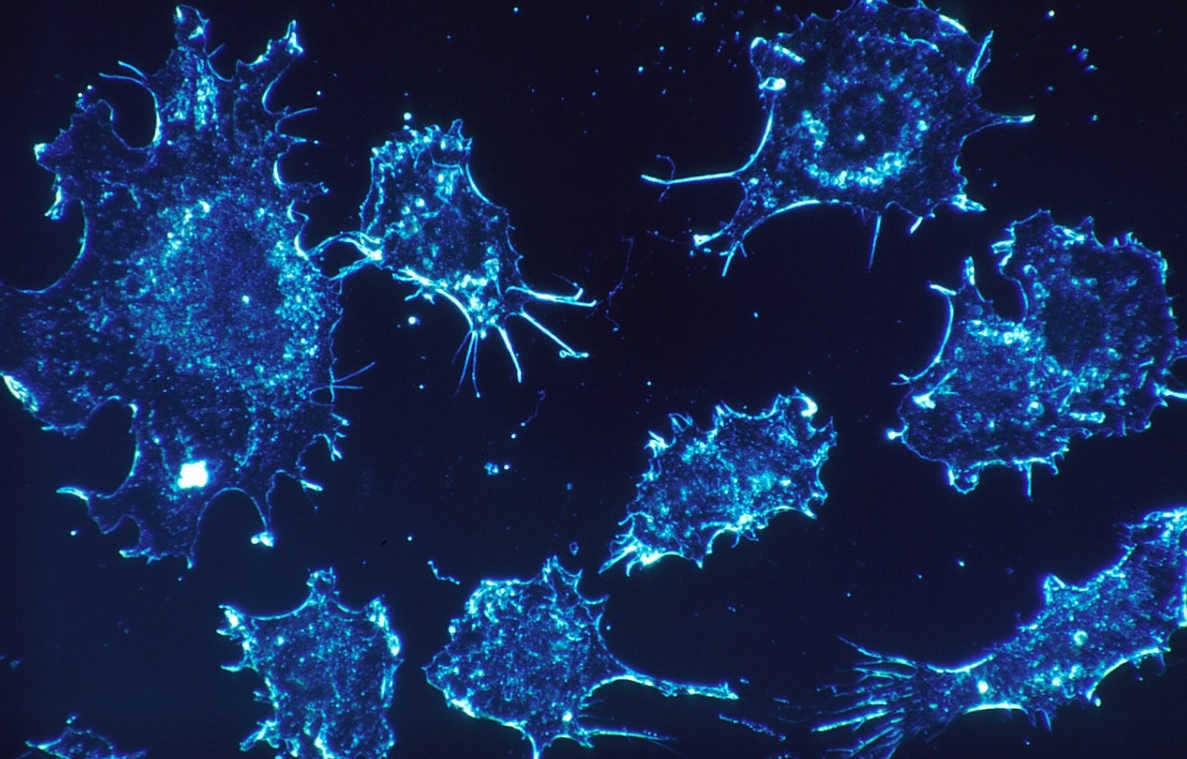Like other medical care, LGBTQ have inadequate access to cancer treatment

There is a need for improved access to medical care for sexual minority cancer survivors, observed a recent study. According to the study published in the Journal of Cancer, access to quality medical care is critical for the long-term health and well-being of cancer survivors. Evidence from non-cancer-related studies indicates that sexual minorities, including lesbian, gay, bisexual, or other non-heterosexual identified individuals have worse access to care, but previous studies have not examined the issue among cancer survivors.
To assess sexual minority cancer survivors' access to care and their quality of life, researchers examined four years of Behavioral Risk Factor Surveillance Survey data on U.S. men and women who reported a history of cancer. Among the 70,524 cancer survivors, 1,931 identified themselves as sexual minorities. "While we have extensive cancer surveillance in the U.S., sexual minority cancer survivors are excluded from surveillance, which means we have very limited information about this group. This study, therefore, provides much-needed information about sexual minority cancer survivors," said one of the researchers, Dr Gereige.
Compared with heterosexual women, sexual minority women were more likely to report having no health insurance, being without a personal physician, avoiding medical care due to costs, and being without an annual medical visit. Among men, sexual minority men were more likely to avoid medical care due to costs, but men of all sexual orientations had similar access to care with respect to insurance status, having a personal physician, and annual visits.
Deficits in access to care were linked with a greater likelihood of poor physical quality of life, poor mental quality of life, and difficulty concentrating among sexual minority women compared with heterosexual women. In men, deficits in access to care were linked with a higher likelihood of difficulty concentrating among sexual minorities than heterosexuals. Also, sexual minority status increased the likelihood of poor mental quality of life in men.
"Our study shows that sexual minority women suffer from poor access to care and that this is linked to worse quality of life. Since the poor quality of life is linked to worse cancer survival rates, this calls for policy changes to improve access to care for sexual minority cancer survivors," said another researcher of the study, Dr Boehmer. "The study's findings also point to an opportunity for clinicians to address difficulties in access to care with patients during treatment discussions, or at the completion of cancer therapy and during follow up visits. Clinicians who are aware of these disparities and address them during clinic visits may have an impact on sexual minority women's survival rates, which are lower than their heterosexual counterparts' rates," he concluded.
(With inputs from agencies.)
- READ MORE ON:
- Minority influence
- Minority rights
- Minority interest
- Minority group
- National Commission for Minorities
- The Great Depression
- Marketing research
- ProHealth Physicians
- Starling Physicians
- Physicians East
- Medical diagnosis
- Alzheimer's disease
- Old age
- Leadership style
- Greek language
- Capital punishment
- cancer survivors
- minority
- minorities
- Gereige










